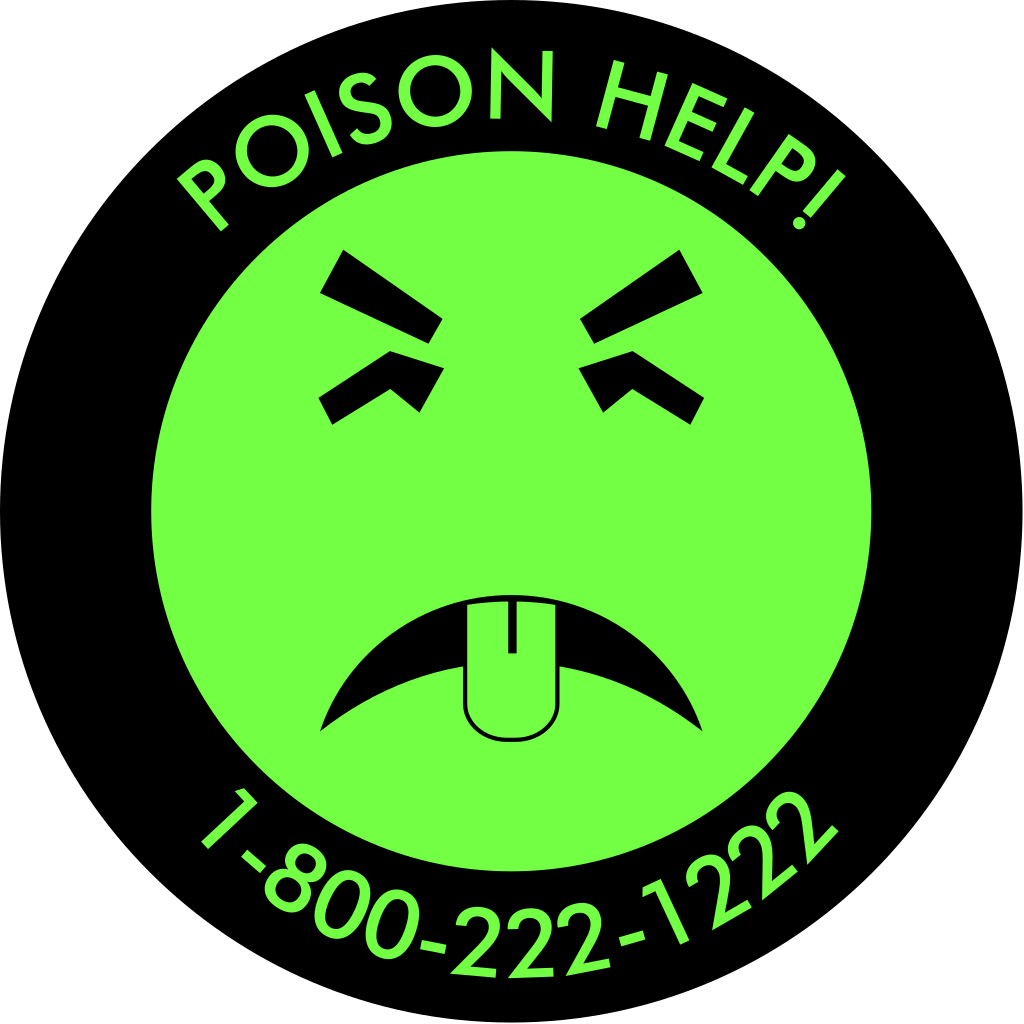With National Poison Prevention Week in full swing (March 20-26), most healthcare professionals, parents, and educators are preparing to raise awareness about unintentional poisonings in children, and reminisce on green and mean Mr. Yuk. While it is extremely important to teach children and their caretakers about the dangers of and how to prevent an unintentional poisoning, children are not the only ones at risk of being poisoned.
While most poison center calls are regarding children, more adults die from poisoning. In fact, adults over 40 made up only 16% of poison control calls, but 60% of poisoning fatalities. Furthermore, unintentional poisoning is the leading cause of unintentional deaths in adults between the ages of 35-54. With toddlers and children willing to chew or eat almost anything, it may be easy to guess how kids are unintentionally poisoned, but why is this happening to adults?
Carbon monoxide poisoning
There are many ways that adults and seniors may unintentionally poison themselves. Carbon monoxide, or CO, is an odorless, colorless gas that can kill you. It is found in the fumes produced from automobiles, small engines, stoves, lanterns, furnaces, or even your fireplace. Carbon monoxide can build up indoors and poison the animals and people that breathe it in.
Everyone is at risk of carbon monoxide poisoning, and while there are symptoms from exposure such as headaches, dizziness, or weakness, if you are sleeping or drunk, you could die before you notice symptoms.
Make sure you keep your loved ones safe and install a battery-operated CO detector in your home. While there are other ways to prevent CO poisoning, this is one of the main ways you can know if there is carbon monoxide in your home. If your detector goes off, you and all others inside should exit the home immediately and call 911.
Household cleaners and ventilation
With the winter months coming to a close, in turn comes the ever-so-popular day of “spring cleaning”. It is important that you use all household cleaners as directed. Keep them in their original containers, and do not mix them. Mixing things such as bleach and ammonia will cause a reaction and release toxic vapors that can burn your eyes and respiratory system. Depending on how much of each chemical you use, it could not only be toxic, but potentially explosive.
Whether you are cleaning that attic that you haven’t seen all winter, or any other part of your home, be sure that you are wearing protective clothing such as gloves or goggles, and also make sure to provide ventilation so fumes don’t build up in the home.
Prescriptions and OTC Medicines
For adults that may need to take many medications daily, the chances of unintentional poisoning are high. If you take the wrong medicine, don’t follow the dosing directions, or mix your meds with the wrong things, the result can be deadly.
Some tips to avoid unintentional poisoning with medications are as follows:
Don’t mix your medications with alcohol.
Mixing certain medications with alcohol can result in nausea and vomiting, headaches, drowsiness, fainting or loss of coordination. It could also result in internal issues such as internal bleeding, heart problems, and difficulty in breathing. Additionally, some medications, if mixed with alcohol, will become less effective, ineffective, or even toxic to your body.
Don’t share or mix prescriptions.
For some of the same reasons listed above, you should not mix or share prescriptions with others. Some drug interactions can have adverse effects that may cause serious damage to your body, or even be deadly. Sharing your prescriptions with others may seem harmless, but you can’t be sure of what other drugs that person has already taken. Even if they share the same condition as you, your dosage or medications may be different from theirs, and put them in danger.
Turn on the light when taking medications.
We all know what it’s like to wake up early, it’s dark, the sun’s not even out, and the idea turning on a light is literally the last thing you want to do. But another thing you don’t want to do is to accidently grab what you thought was toothpaste, and brush your teeth with your arthritis ointment because the shape of the tubes was similar. Small mix-ups like this can cause much bigger problems, so make sure you have light when you’re taking your meds.
Keep your medicines in their original containers to prevent mix-ups. If you find yourself forgetting doses, or not remembering if you took a particular pill, keep a medicine diary, or schedule to make sure you are not under, or overdosing.
Be careful.
If you are someone that takes many medications daily, try and use the same pharmacy. If you use the same pharmacy to pick up all your prescriptions, it is likely that the pharmacist will be able to tell you which medications shouldn’t be taken together, or any other information about the medications.
Be leery of ordering medication on the internet, especially those ‘magic cures’. They could be from other countries that do not have the screening laws that we have in the United States, and though it may say one thing on the label, the ingredients inside could be different. Ask your doctor about any drug interactions between your prescriptions and any over the counter medicines you take to make sure you are doing so safely.
It’s National Poison Prevention Week and with that, we should all take some time to make sure that we are taking preventative measures: for the children and adults alike.

